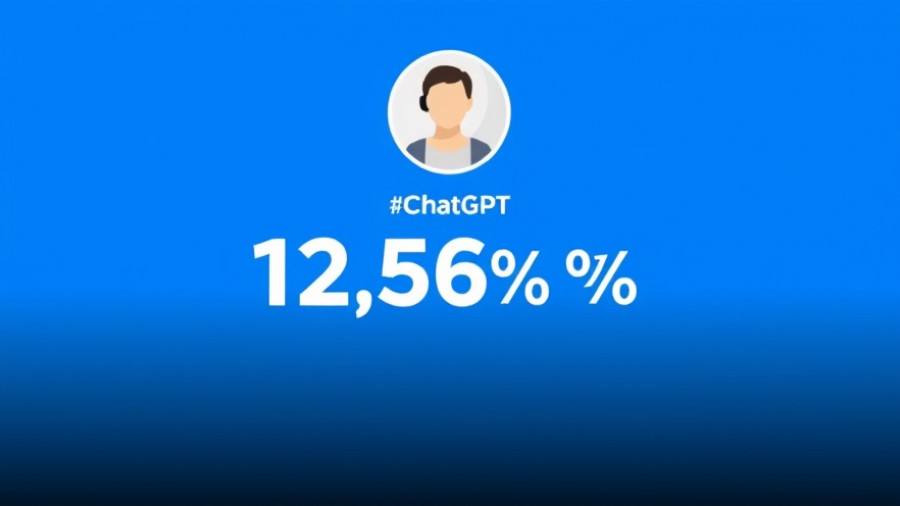
Unlocking the Secrets Behind ChatGPT's Citation Choices
If you're an online marketer grappling with the complexities of AI-generated content, you're not alone. Recent analysis reveals that an astonishing 67% of ChatGPT's top 1,000 cited pages are effectively off-limits to marketers. But what does this mean for you and your strategies? Let’s dive into the intricacies of these findings and uncover actionable insights.
The Role of Wikipedia and Other Dead Citations
Wikipedia continues to reign supreme in ChatGPT’s citation realm, significantly overshadowing other content types. According to data analysis from Ryan Law, a notable figure in content marketing, many of ChatGPT's top citations are “dead”—organisational pages, app listings, and reference sites that cannot be influenced through traditional outreach methods. This is immensely discouraging for marketers wanting to gain traction through high-visibility channels. The implication here is clear: only about 32% of the citations are actually influenceable, limiting your outreach opportunities dramatically.
Recent Content Shines: What You Need to Know
The data also suggests a pronounced freshness bias in ChatGPT's citations. Pages that are fresh—defined as being updated recently—tend to appear more frequently in citations. Impressively, nearly 42.7% of ChatGPT’s cited URLs were updated within the past 30 days, underscoring the importance of keeping your content current. Marketers should prioritize maintaining a consistent rhythm of updates to improve visibility. Yeşilyurt's research reinforces this, demonstrating that revising and refreshing your content can significantly augment its ranking and engagement potential.
Understanding AI's Citation Problem
Emergent discussions focus on the broader implications of AI search tools like ChatGPT misrepresenting or inaccurately citing original content. Research from Columbia University indicates serious citation accuracy issues, with a staggering percentage of incorrect responses regarding originators of news content. This has far-reaching implications, particularly for publishers, as their content may be misattributed or inadequately linked, denying them the credit and visibility they deserve. Trust is paramount in content creation and distribution, and these AI missteps can erode that trust.
Counterarguments: Are AI Bots the Future of Search?
While the challenges posed by tools like ChatGPT are clear, there’s a counter-narrative emerging in the market. Notably, platforms such as Copilot and Google’s Gemini are being touted for their relative transparency in attributing information. Some tech leaders argue that these platforms may ultimately lead to improved content representation and even foster relationships between publishers and AI developers. However, until these platforms exhibit consistency, marketers should remain skeptical and cautious when implementing AI-generated strategies.
What This Means for You as a Marketer
So, how can you navigate this murky landscape? To thrive in the environment shaped by AI like ChatGPT, you need to adapt quickly. Focus on evergreen content as well as trending topics that you can frequently update. Consider shifting your strategy to align content with user searches—meaning that understanding your audience's needs will become increasingly vital. Additionally, collaborating with reputable sources may enhance credibility and authority, thus making your content more favorable for citation.
Future Predictions: The Evolution of AI Collaboration
As technology continues to evolve, marketers should brace for increasing changes in how content is consumed and cited. Over the next few years, expect a push towards more responsible AI usage—key players in the market are under scrutiny, and consumers demand better quality and transparency. Platforms will likely innovate to ensure that content creators are acknowledged and rewarded for their contributions, a change that will shape the landscape for marketers everywhere.
In conclusion, while the findings from ChatGPT's citation analysis might seem daunting, they also present a unique opportunity for proactive marketers. Embrace this moment to refine your strategies and ensure your content stands out not only for its relevance but also for its freshness and credibility. Don’t let the challenge dishearten you—let it inspire you to elevate your marketing game.
 Add Row
Add Row  Add
Add 




Write A Comment